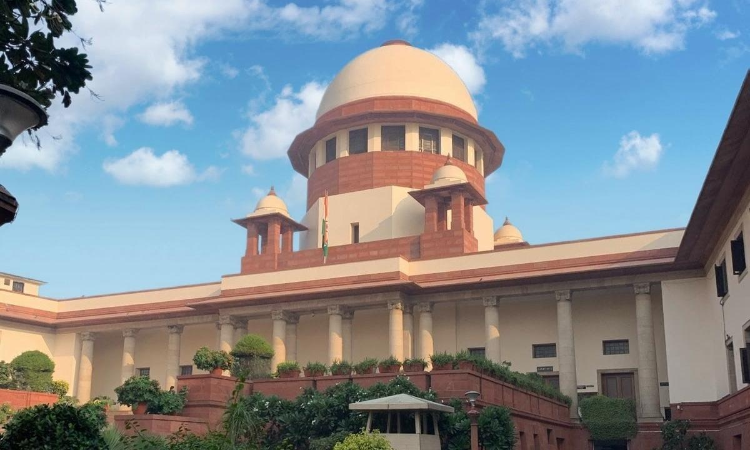Daughter Of Kashi Royal Family Head Moves Supreme Court Challenging Places Of Worship Act
Rintu Mariam Biju
8 Sept 2022 8:45 PM IST

Next Story
8 Sept 2022 8:45 PM IST
The daughter of the Kashi Royal Family, Maharaja Kumari Krishna Priya has filed an intervention application challenging the Places of Worship (Special Provisions) Act, 1991 (the Act) before the Supreme Court. The IA has been filed as part of the petitions already filed before the Supreme Court challenging the Constitutional validity of Sections 2, 3 and 4 of the Act as they bar remedies...
